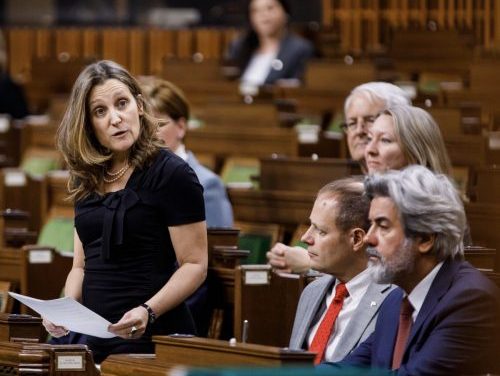The 304-page document confirms funding for the $9.1 billion in new measures announced in the government’s Emissions Reduction Plan last week, while adding $2.6 billion over five years for the CCUS tax credit.
“Carbon pricing is an important part of driving Canada towards a cleaner economy,” the budget states, in a section that acknowledges the country as the world’s second-highest per capita carbon polluter.
The budget pours $4.4 billion into a greener affordable housing loan program, commits $350 million over five years to green building and deep retrofit strategies, and confirms $33.2 million over five years for an Energiesprong-style energy retrofit pilot.
“I think you see strong ambition in terms of a green building strategy that will get us to net-zero, and I’m hoping that can inform more of a mission-oriented approach to energy efficiency rather than the more incremental one we’ve traditionally had,” Haley told The Energy Mix.
As expected, the budget confirms the government’s commitment to a CCUS tax credit that will total $7.1 billion this decade, describing the measure as “a key part of the government’s broader plan to work with industry towards the goal of decarbonization”.
The list of eligible uses for the tax credit includes CO2 storage in geological formations or concrete, but not the controversial process called Enhanced Oil Recovery , in which captured carbon is pumped into depleted wells to force more oil to the surface.
For the rest of this decade, the budget says, the tax credit will cover 60% of equipment costs for direct air capture projects, 50% for all other kinds of CCUS, and 37.5% for transportation, storage, and use.
A brief statement from the Canadian Association of Petroleum Producers declared budget commitments on CCUS, hydrogen, and small modular nuclear reactors “an important step to achieve national reductions”.
“We are appalled at the upside-down priorities reflected in this budget.
